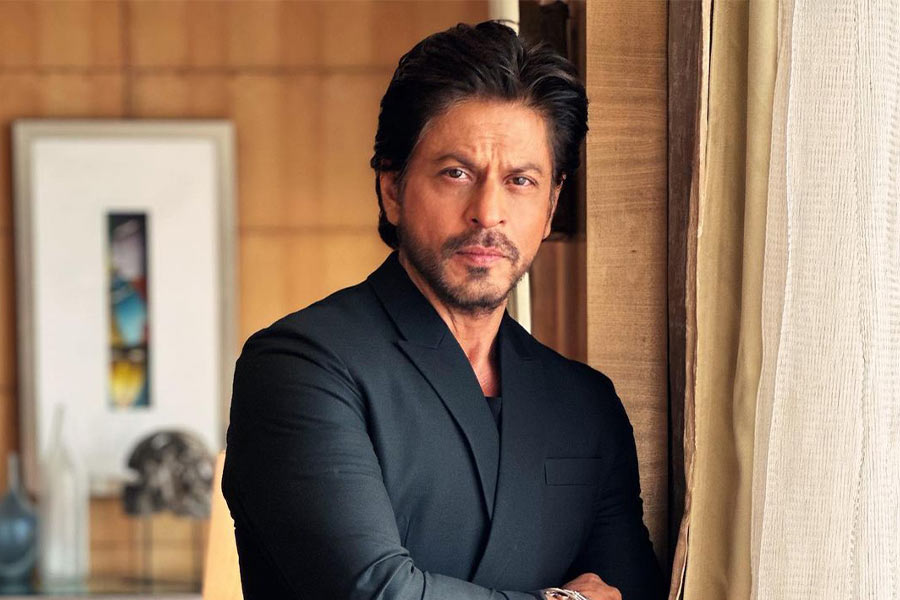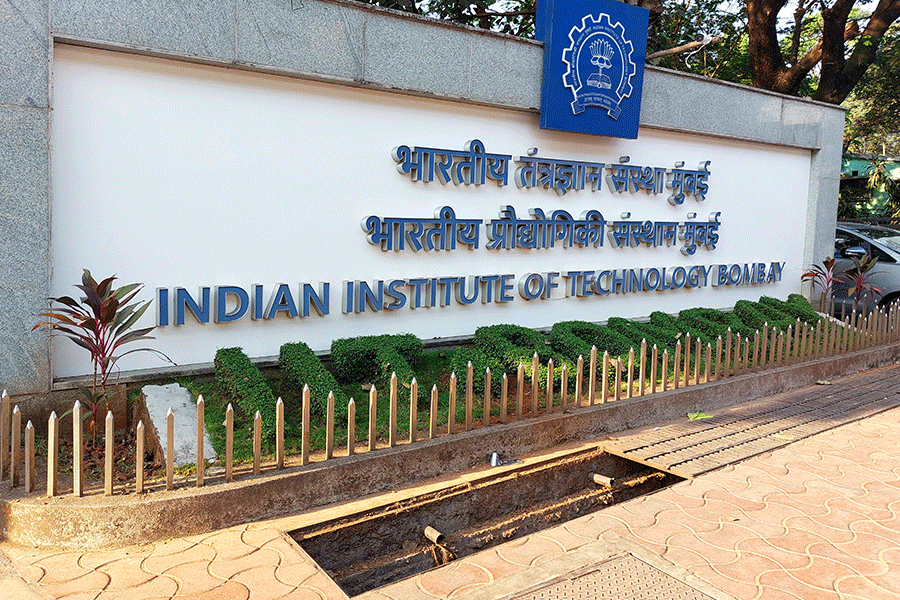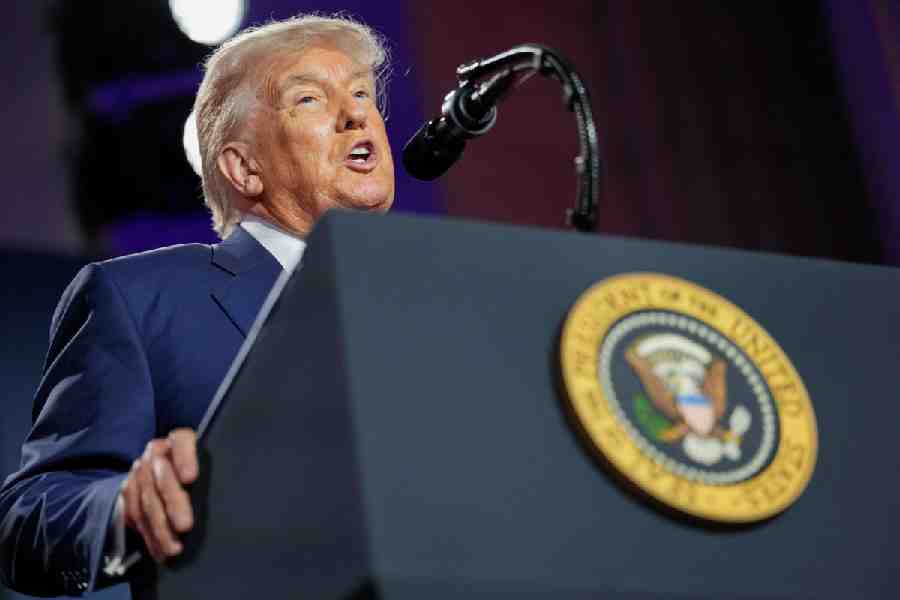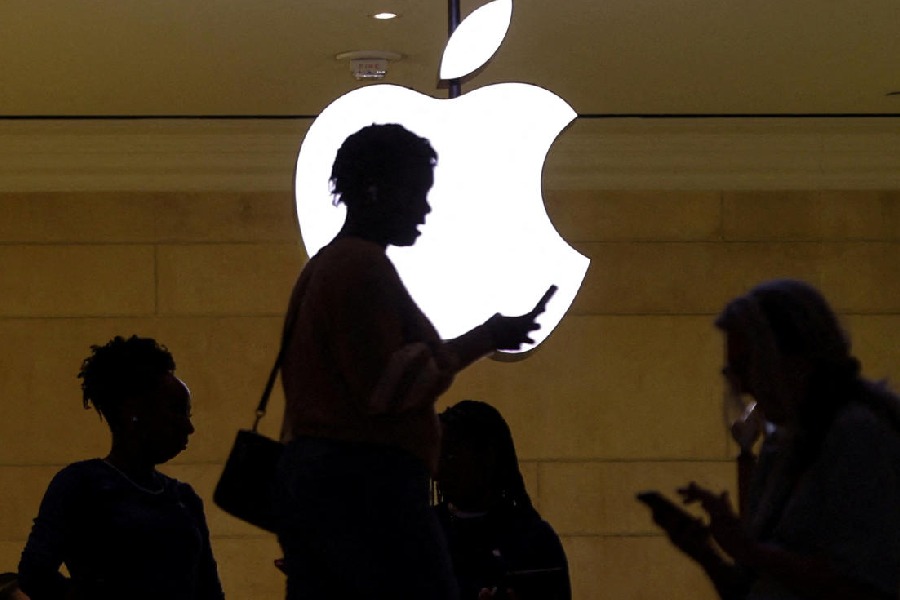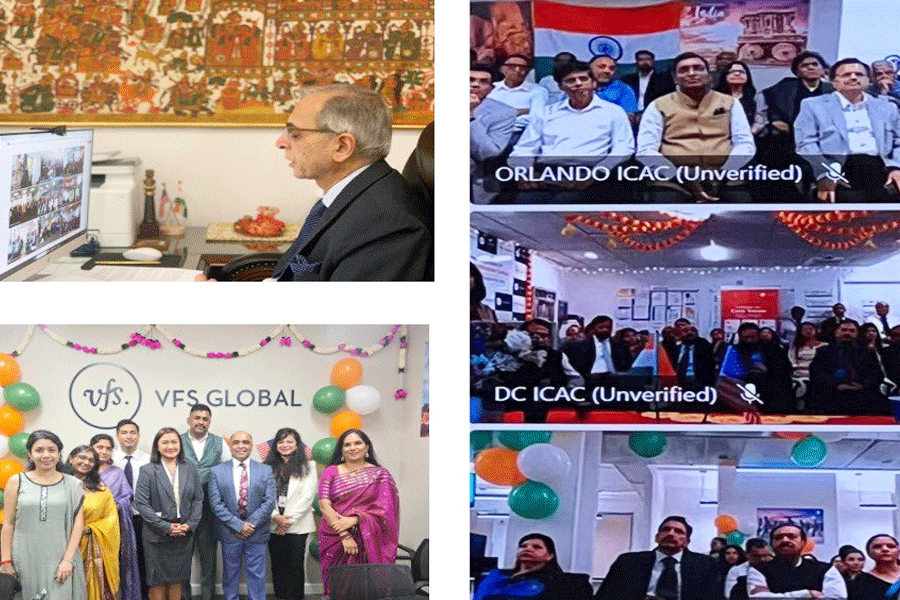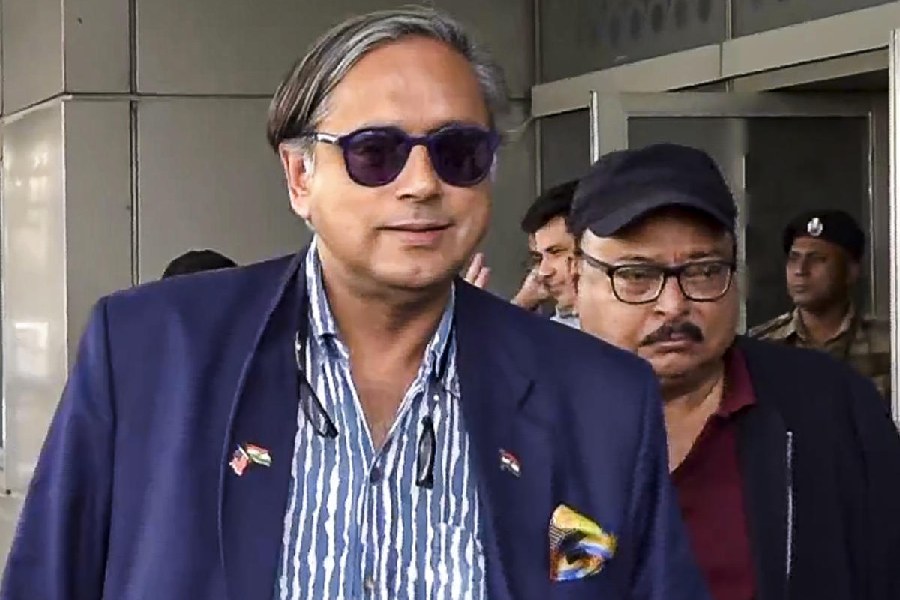 |
| Juergen Klinsmann and Franz Beckenbauer eye the World Cup |
The mobile rings soon after we take our cafe lattes beneath the palm trees close to Huntington Beach on the Californian coast. “I’m sorry, I have to answer this one call,” says Jurgen Klinsmann. “After that, it will be shut off.” The effect of the call visibly darkens his relaxed demeanour. He moves away, out of earshot, leaving his visitor to watch the surfers ride some of the finest waves on America’s West Coast.
When Klinsmann returns, it takes fully 15 minutes for the tension to leave him. He doesn’t spell it out, but an easy guess was that Christian, the caller, was in fact Christian Woerns, the Borussia Dortmund defender who the previous day had responded angrily to a leaked story that he was being dropped from Germany’s squad for this month’s matches against Turkey and then China.
Klinsmann is Germany’s national team coach, its Bundestrainer. He lives close to Los Angeles for the sake of his Californian wife, his two young children, and his own preferred lifestyle. It means that managing Germany’s players ? in the season when their country hosts the World Cup ? is a question of mind over distance. The coach is almost 6,000 miles away, and though he commutes twice a month via an 11-hour flight, there is a time gap in which his players are taking dinner while he is finishing breakfast. He is a man of modern communications ? through telephone, internet and satellite television ? and he readily acknowledges that his decision to carry on managing from the other side of the globe required a great deal of persuasion among Germany’s rather conservative and traditional football federation.
“Yeah,” he says, his grey-blue eyes staring into mine, “For some it was a big departure. But you have to look at the bigger picture. Commuting is not a problem for me, and if some on the federation were sceptical, it helps me a lot to look at things from a distance. I can focus on the priorities and not get lost in daily football, which eats you up.”
The idea of putting Klinsmann up for the job came from Berti Vogts, a former Germany coach himself. “He was out here on holiday and over dinner he asked what would be my reaction,” says Klinsmann. “I said anyone should be interested, but I was not sure the DFB (the German federation) was ready for my ideas.”
When the offer came, Klinsmann had to revisit a decision he and his wife Debbie had made when he stopped playing. When their son Jonathan was a year old and Klinsmann realised he had missed decisive moments in the child’s development ? “always on a plane, in an airport, in the hotel” ? they made a commitment that, long term, they would raise their children with as much anonymity as possible, away from the attention of the media. As coach to the German national team in World Cup year, with the finals played at home, this would be impossible.
“I said to my wife, ‘I know it will interrupt our life, but this (opportunity) is never coming back. I don’t want to look back in 10 years and say I didn’t take the chance, or I lacked courage to tackle the situation’,” says Klinsmann. “She said, ‘Well, if you look at it like that, you have got to do it’. Of course, I am away more now than planned, but this project is once in a lifetime.”
He pauses. He looks contemplative, almost as if he is hearing himself rationalise a sea change in their family pattern. “I think the DFB did not know anything about how my life had changed in the six years after I stopped playing,” he ruminates. “But one thing they did know was that I had the courage to take this on.”
Anybody who saw Klinsmann perform on the biggest stages will remember his energy, his acrobatic athleticism, his taste for occasion. West Germany’s blond bomber as a World Cup winner in Italy in 1990, then a captain ignoring injury to lead a united Germany to capture the European Championship at Wembley in 1996, and a nomad who wandered to seven clubs in four lands before retiring at the age of 33 from his last professional club, Tottenham Hotspur.
He departed in his trademark faded jeans, having previously driven his 1967 blue Volkswagen Beetle convertible ? a modest model preferred to all the Porsches and BMWs offered to him ? back to his homeland. It was a tired motor; his VW mechanic suggested it was kaput and should be put down. “Jurgen’, he said to me, ‘this thing is just falling apart. You have to get rid of it’.” Suddenly laughter erupts like a blown gasket. “I gave it away!” he says.
And he gave up his career when he no longer believed Spurs had the vision that Alan Sugar had sold him. A car and a career at their end, but a man who was only just getting into the stride of the sporting afterlife.
There is not another like Klinsi in football. He combines this two-year mission to raise a somewhat deflated Germany in team spirit if not, overnight, in lost skills, with a wider concept to take a former street game back to children. He is involved in a German youth project that has 400,000 youngsters playing football. He is a partner in an American marketing company. He founded and funded Agapedia, his own charity to help kids “catastrophically” mistreated in places such as Albania, Moldova and Romania. He guards the privacy of his children Jonathan, 8, and Leila, 4, from the celebrity bubble occupied by the likes of the Beckhams.
Yet intensity tightens on him like a clamp around the temples. He is not far from the situation he so willingly abandoned ? being answerable to a federation, to a nation, and as Woerns demonstrated, to players who believe they are worth a place in the most important tournament on German soil since 1974, when the Franz Beckenbauer generation won the World Cup.
“I never said this was the most important event in Germany in 40 years,” Klinsmann insists. “It’s important for football, and for people who like football. In the bigger picture, it’s maybe important to enthusiasts such as (the Chancellor Gerhard) Schroeder who I know is a fanatic of football. I would love to be successful in 2006.”
Team spirit, the big picture, the great challenge, permeate his conversation. He ducks nothing, meets every question with earnest directness, sometimes with disarming wit. He is becoming a free and easy Californian, but the tough, some believe ruthless striker, the hitman, lurks within. If it did not, how could he manage? How, with a professional certificate to say he is a licensed coach, but no practical experience, could he take on a task shunned by Ottmar Hitzfeld and Otto Rehhagel? Woerns’s bitter complaint, if reports in the German press are correct, neither surprises nor disappoints Klinsmann. He was told last Tuesday morning from the German federation headquarters in Frankfurt that one player was unhappy about being left out of the squad. Klinsmann does not name Woerns, but he responds: “If a player is not happy, that’s fine. Let him be unhappy ? I would be too.”
Woerns, at 33, suspected he was the scapegoat for defensive lapses in last month’s 2-2 draw against Holland. Klinsmann’s stance suggests that a place on the national team is a matter of moment, not of right. He gives the illustration of Ars?ne Wenger, the coach at Monaco when Klinsmann joined the club. “I grew to admire Wenger’s long-term vision. But at first, I used to ask him, ‘Ars?ne, how can you leave Youri Djorkaeff on the bench? We are not so good that we can leave out a player of his quality’.
“Wenger would say, ‘Yes, Djorkaeff would be good for the team. But in this moment, it is better for Djorkaeff to be on the bench’.” Eventually, when he did return, hungry for the shirt, the others could see an improvement in what he gave to the team.
It would, obviously, help Woerns to talk the matter through with his coach face to face, and that may be happening right now because Klinsmann attended a game in Dortmund on Saturday. But modern communications bridge the time zones. Klinsmann says he speaks to the players all the time by telephone, and holds telephone conference calls with his coaching staff every two or three days. He also takes advantage of satellite transmission to analyse as many as four Bundesliga games a week, plus a match from Brazil, maybe one from Italy, Spain or England, and makes extensive use of the internet skills he acquired at university soon after he finished playing.
I remind him of something he said two years ago, when he felt released from being told by a team manager, a club, a federation, a president what he can do in his own adult life.
He starts to answer. “Yeah, but...”
His eyes flick from serious to amusement.
Such scrutiny was, of course, the reason he and his wife moved across the Atlantic.
In his career, moving here and there, accumulating a total of 204 goals from 445 club games and 47 from 108 Internationals, his most telling critic was Beckenbauer who, as a columnist for a tabloid, is acerbic and complimentary by turns, and once described a Klinsmann performance after Rudi V?ller had been sent off as the most athletic, the most mentally inspiring of his era.
The Klinsmann of that time, the 1990s, was also known as a “diver” and introduced himself to the British press by inquiring about the nearest diving pool to Tottenham. He was even then the American dream ticket, a player tough and brave and ruthless with an eye for the main chance, yet loquacious and with a hint of humour when criticised.
The Times, London


